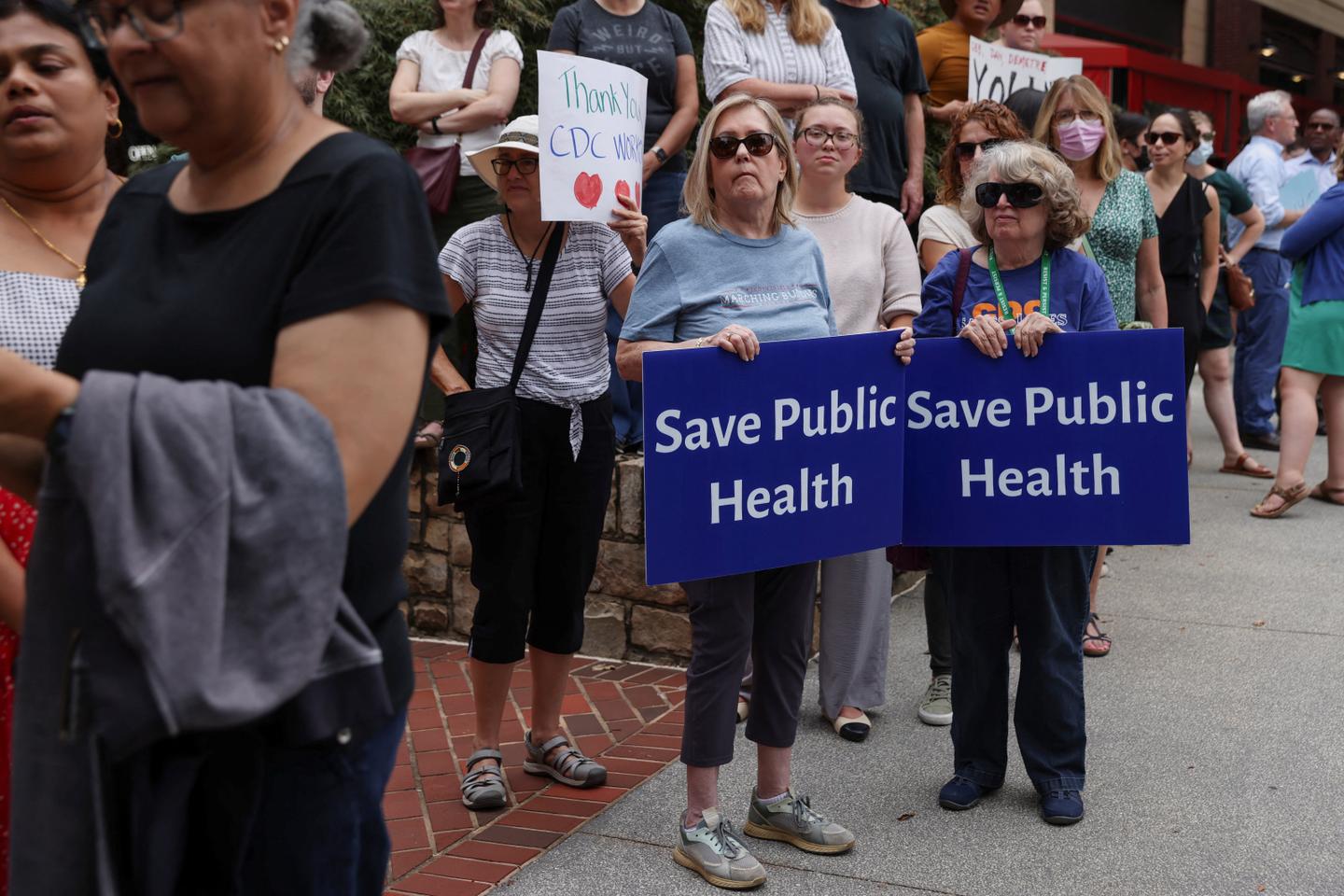CDC Director Fired Amid Vaccine Policy Dispute
CDC Director Susan Monarez was fired after refusing to comply with Health and Human Services Secretary Robert F. Kennedy Jr.'s directives on vaccine policy, triggering a wave of resignations and concerns over the politicization of public health.

Susan Monarez, PhD, was dismissed from her role as director of the Centers for Disease Control and Prevention (CDC) after less than a month in office, following a contentious standoff with Health and Human Services (HHS) Secretary Robert F. Kennedy Jr. over vaccine policy. The White House terminated Monarez after she refused to resign, citing her unwillingness to endorse Kennedy's vaccine directives. This move set off a cascade of resignations among top CDC officials, intensifying the turmoil within the nation's public health leadership.
Tensions Over Vaccine Policy and Leadership
Monarez's ouster stemmed from her refusal to "rubber-stamp" what she described as "unscientific, reckless directives" from Kennedy and HHS. In a letter through her lawyers, Monarez accused Kennedy of attempting to "weaponize public health for political gain" and endangering millions of Americans. The conflict reportedly escalated during meetings in which Monarez was pressured to accept all recommendations from a vaccine advisory committee that Kennedy had recently reconstituted with allies skeptical of established vaccine practices. She was also asked to dismiss several high-level CDC officials, demands she refused.
The tension unfolded against a backdrop of sweeping changes in federal vaccine policy. In the same week as Monarez's firing, the Food and Drug Administration (FDA) approved updated COVID-19 vaccines but with narrowed eligibility, making access more difficult for some groups, including young children and lower-risk adults. Kennedy announced that the CDC would no longer recommend COVID-19 vaccination for healthy children and pregnant women, shifting to a "shared clinical decision making" model that left the choice to individuals and their doctors.
Fallout: Resignations and Warnings from Health Leaders
Following Monarez's dismissal, three more top CDC officials—Debra Houry, Demetre Daskalakis, and Daniel Jernigan—resigned, citing their inability to serve under leadership that, in their words, "treats CDC as a tool to generate policies and materials that do not reflect scientific reality." Daskalakis, who had previously led the CDC's mpox response, warned that recent changes to immunization schedules threatened the health of children and pregnant people. Earlier resignations and removals, including the ousting of all 17 members of the CDC's vaccine advisory panel and the appointment of new, vaccine-skeptical members, had already signaled a dramatic shift in the agency's direction.
The upheaval drew widespread condemnation from the public health community. Nine former CDC directors, in a published opinion piece, warned that the events under Kennedy's leadership represented an unprecedented threat to America's health security. They cited Kennedy's promotion of unproven treatments, weakening of key CDC programs, and cancellation of vaccine contracts as actions that could leave the country vulnerable to future outbreaks. Lawmakers, including Senator Bill Cassidy, called for congressional oversight and hearings into the leadership crisis at the CDC.
The full impact of these changes remains uncertain, but the rapid leadership turnover and policy shifts have raised alarms among scientists, clinicians, and public health advocates who fear the erosion of scientific integrity at the nation's premier disease control agency.